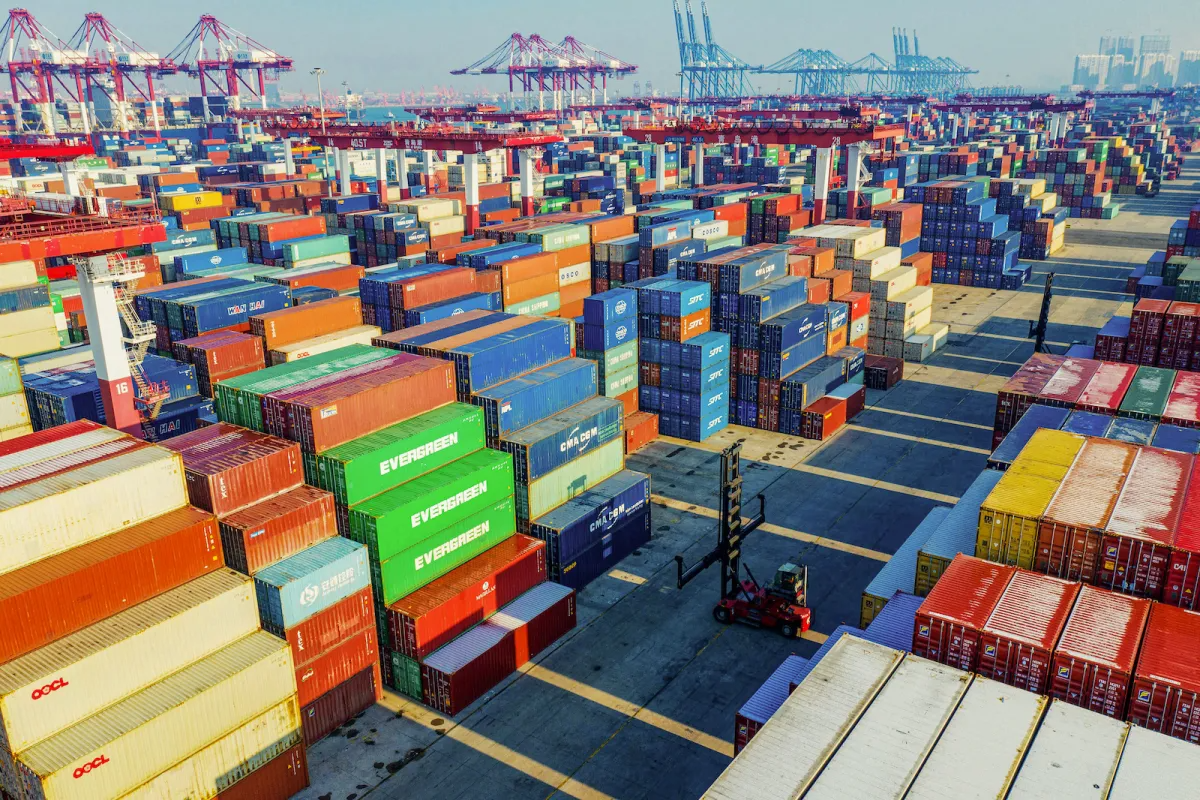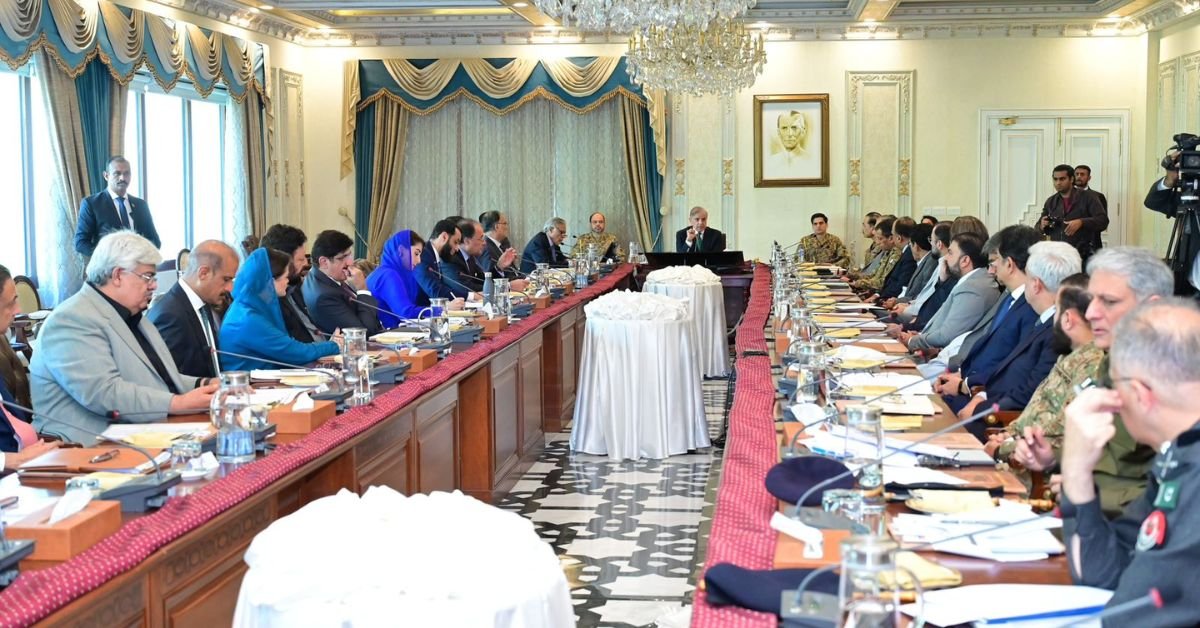The International Monetary Fund (IMF) has stressed the urgency of comprehensive reforms in Pakistan, citing the country’s failure to provide a satisfactory standard of living compared to its regional counterparts.
The IMF report underscores significant shortcomings in Pakistan’s economic performance, particularly in areas like income per capita, competitiveness, and export growth.
In its latest report, issued on October 10, the IMF pointed to several key factors that have placed Pakistan behind other nations in South Asia.
Read More: Govt rules out tax amnesty for smuggled vehicles
Lagging behind regional peers
“Pakistan has been falling behind its peers in recent decades in terms of income per capita, competitiveness, and export performance,” the report stated. Between 2000 and 2022, Pakistan’s GDP per capita grew at an average annual rate of just 1.9 per cent.
In stark contrast, the report highlighted that neighboring economies such as Bangladesh and India experienced far stronger growth. Both countries recorded an average GDP per capita growth of 4.9 per cent, while Vietnam achieved 5 per cent, and China outpaced all others with an average growth of 7.5 per cent.
IMF recommendations
The IMF acknowledged that deep-seated challenges have consistently hindered Pakistan’s economic progress, citing fiscal vulnerabilities, external pressures, and unprecedented crises such as the COVID-19 pandemic and devastating floods. Despite the introduction of various IMF-sponsored programmes, the report criticised the lack of sustained progress, which has necessitated successive intervention from the global lender.
“Without a concerted adjustment and reform effort, Pakistan risks falling further behind its peers,” the IMF warned. The report also called for greater ownership and commitment from Pakistani authorities to ensure the successful implementation of reforms.
Economic stability derailed
The IMF noted that Pakistan’s reform efforts initially took place against a backdrop of relative economic stability. However, this was soon derailed by external shocks and internal challenges, leading to a reliance on IMF assistance to maintain macroeconomic stability. While these programs helped the country enact several robust policies, the progress was short-lived, underscoring the need for further reform efforts.
The IMF concluded that Pakistan must take decisive steps to avoid further economic decline and bridge the widening gap with its more dynamic neighbors.
















